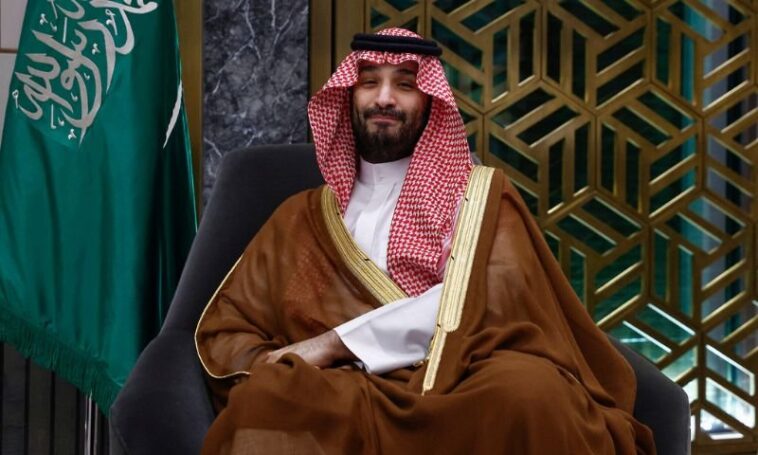News of a truce between Iran and Israel brought a palpable sense of ease to Pakistan, following the intense 12-day conflict. The mounting adversarial tension between these historically conflicting nations, particularly after US-led strikes on Iranian nuclear sites, amplified Pakistan’s geopolitical significance. Tehran and Washington both anticipated Pakistan to align with them. The United States sought Pakistan’s comprehension of its choice to use military force to dismantle Iran’s nuclear activities, while Iran sought Pakistan’s support against American and Israeli endeavors to restrict it from pursuing what it maintains as a nonviolent energy strategy.
This generated a politically fragile and diplomatically intricate scenario for Pakistan. On one side, it was bolstering its strategic alliances with the US. On a different facet, it is firm on the principle of supporting the autonomy of a geographically adjacent Muslim nation. Additonally, any aggression leading to instability in Iran might instigate a profound crisis within Pakistan itself.
Militant factions operating in the volatile Balochistan region, located at the shared boundary of Iran and Pakistan, might exploit ensuing chaos and intensify assaults, possibly seizing control over less governed or weakened border territories. The enduring conflict between Iran and Israel had never beforehand posed such a substantial challenge to Pakistan’s establishment, domestically.
The timing of the conflict left a lot to be desired. Outspoken political figures in Pakistan criticized the establishment for seemingly catering to American interests. There was an uproar over perceived abandonment of a neighboring Muslim nation at a crucial time when it was engaged in conflict. Nevertheless, the Pakistani government was quick to condemn the strikes as profoundly alarming and a violation of international standards.
The Foreign Office articulated its serious concerns about possible further escalation. Pakistan’s Prime Minister, Shehbaz Sharif, personally communicated Pakistan’s solidarity with Iran to its President, Masoud Pezeshkian. However, Islamabad’s support was carefully weighed. It held off itself from providing Iran with security assistance amidst domestic pressure, rendering its response to the strikes as mostly symbolical and rhetorical.
In the grand scheme of things, while there has been a relaxing of bilateral ties between Iran and many of its neighboring states in recent years, the anticipation of a nuclear-capable Iran is not welcomed by any country in the region. Despite vocal public criticisms, there is thought to be private support for American actions among some regional leaders. The criticism appears largely to manage domestic sentiment while maintaining diplomatic flexibility.
Iran’s military chief, Maj. Gen. Abdolrahim Mousavi, reached out to Pakistan’s Army leader, Field Marshal Asim Munir, to express gratitude for Pakistan’s bravery and support shown to Iran throughout its 12-day battle with Israel. Pakistan’s diplomatic skill to maintain beneficial relationships with the US and Iran simultaneously elevates its strategic value as a trustworthy mediator.
Indeed, Pakistan has demonstrated its capacity to navigate such diplomatic intricacies in the past. The nation successfully upheld a balanced relationship with the historically adversarial Iran and Saudi Arabia and stayed in amicable terms with frequently opposing Arab states. It maintained a supporting stance towards its Afghan allies while facilitating US military operations in Afghanistan for about two decades.
Pakistan did not outright reject the notion that its nuclear program be viewed as an Islamic one. Relations between US and China have grown more strained in recent years, and Islamabad proved its diplomatic prowess again by preventing having to take sides. Even with a strongly negative perception of the United States being deeply engrained in Pakistani society, the authorities have strived for a healthier relationship.
Pakistan was offended by Biden’s reluctance to establish personal rapport with Pakistan’s civilian leadership. Still, ongoing US worries about a potential resurgence of global terror activities seemed to ensure Pakistan remained significant for Washington. In stark contrast, Islamabad was thrilled when the US President singled out Pakistan for its contributions during his April 2025 address to the joint session of US Congress.
Buoyed by the President’s remarks, many of Pakistan’s government and military figures began to envision the current US administration taking a proactive role in resolving the Kashmir conflict. Some had the optimistic expectation of the US leveraging its perceived influence over the International Monetary Fund (IMF) to ease the IMF’s stringent conditions on Pakistan.
Further, some in Pakistan hoped that a change in US leadership would relieve Pakistan of the years-long US scrutiny over its human rights practices and democratic processes. The minor setback in the foreign policy agenda concerning Pakistan did not dampen Pakistan’s hopes for a warmer relationship.
Pakistan has kept calm in the face of threatened high tariffs and travel restrictions, proposing rare mineral allowances and investment possibilities as peace-offerings. Pakistan’s concise conflict with India in May indirectly contributed to bettering the ties with the US. Pakistan publicly acknowledged the US’s role in resolving the conflict, unlike India’s unwillingness to do so.
A notable change in the diplomatic climate was evident with Field Marshal Munir’s trip to Washington following the successful Pakistani diplomatic delegation. These trips notwithstanding, the onset of the US’s armed interference in Iran was an unfortunate incident. The recent truce between Iran and Israel seemed to give Pakistan’s establishment a respite. How Pakistan navigates the intricate and continuously evolving international landscape in the wake of the Iran-Israel conflict is yet to be seen.

